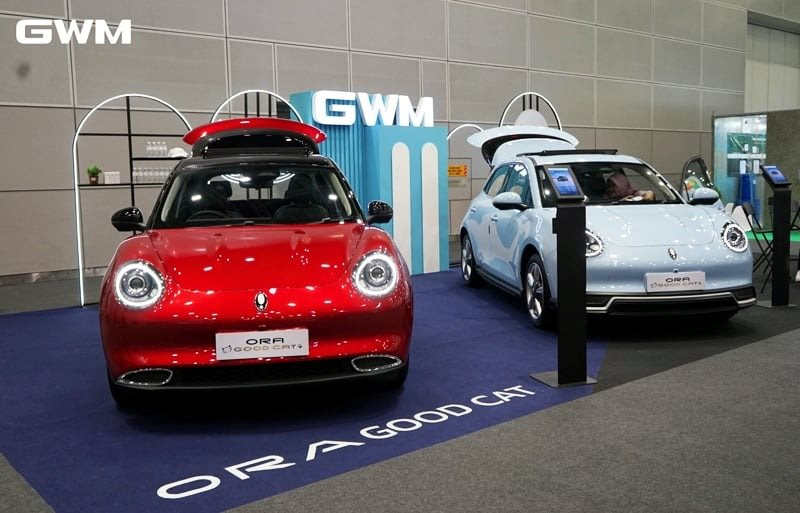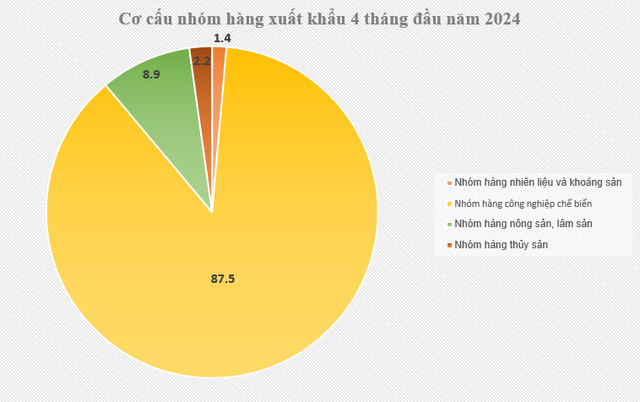
For a long time, Japanese brands have always had the top 1 market share in the Thai automobile market. The Southeast Asian country is the largest automobile manufacturer and exporter in the ASIAN region, known as the “Detroit of Asia”. Manufacturers such as Toyota and Honda not only produce cars in Thailand, but they also dominate the market here.
However, now, Chinese car manufacturers, on their way to dominate the global market, are seriously entering the market. This is the latest market where cheap Chinese electric car models are challenging traditional manufacturers, who have been slow to transition to electric cars.
BYD, Hozon Auto, and Great Wall Motor currently only hold about 7.4% of the car market share in Thailand.
These brands have not yet been able to “capture” the top 5 market share but are very close to that number. BYD sold 30,432 cars in Thailand last year, only about 2,000 cars less than the 5th ranking brand, Mitsubishi. Of course, BYD is still far from the number 1 position in this market, which is Toyota with 265,949 cars sold. The brands ranked after Toyota are Isuzu, Honda, and Ford.
However, when it comes to electric cars, BYD is completely superior. Thai people registered a total of 76,314 electric cars in 2023, more than 7 times higher than the previous year, according to Autolife Thailand’s data. BYD accounts for nearly 40% of that number, while Neta – Hozon’s electric car brand and MG Motors occupy the 2nd and 3rd positions.
Chinese-owned brands account for up to 80% of Thailand’s electric vehicle market share, compared to less than 1% for Japanese brands.
Thailand’s electric vehicle sales could double this year, according to Krisda Utamote, President of the Electric Vehicle Association of Thailand. He predicts that the number of electric vehicle registrations could exceed 150,000 vehicles, equivalent to 20% of total vehicle sales in the country.
Government subsidies play an important role in this growth. Electric vehicle buyers here will receive a maximum subsidy of 100,000 baht ($2,836) in a subsidy package that extends until 2027. This subsidy package is even less than the previous package with a maximum subsidy of $4,255 for each electric vehicle.
Chinese brands are also aggressively entering the manufacturing industry in Thailand. In January, GWM announced that it will be the first Chinese brand to start producing electric cars in Thailand. The company hopes to start battery production here from March.
BYD also announced a manufacturing plant in Thailand in March 2023. The company expects to start operating the plant this year with a capacity of about 150,000 vehicles per year.





































